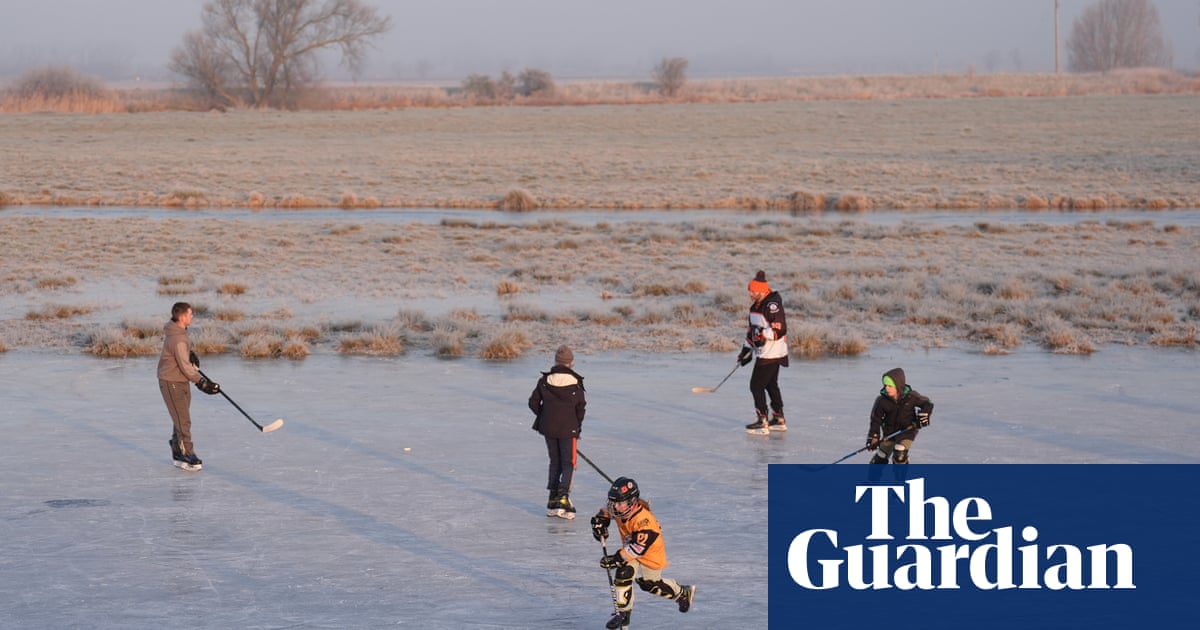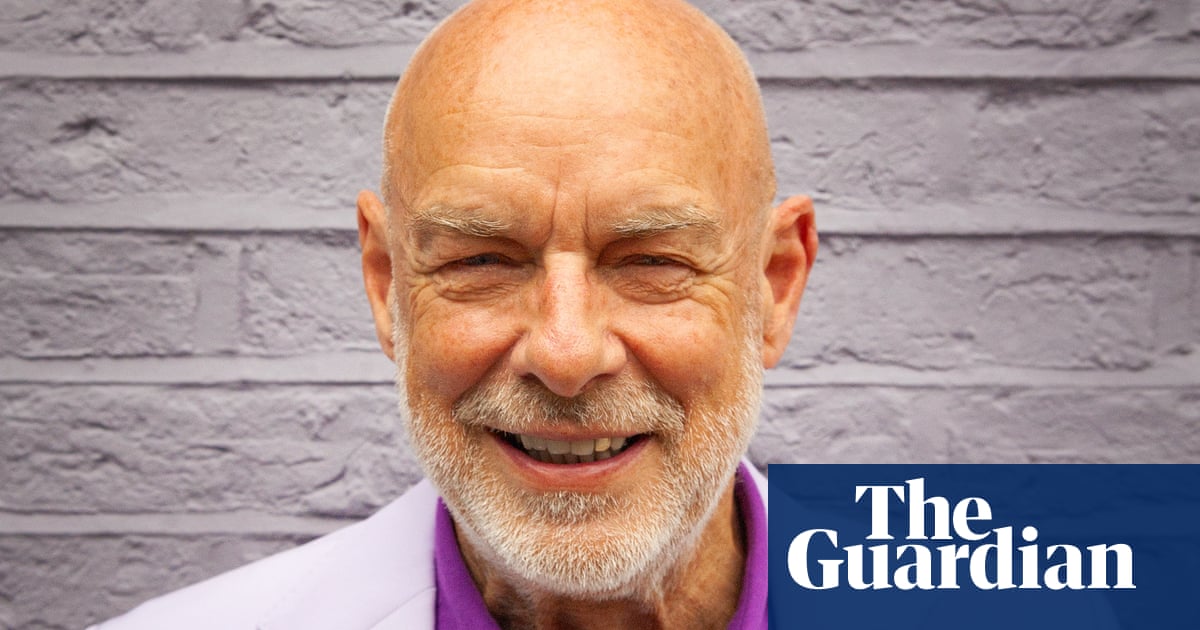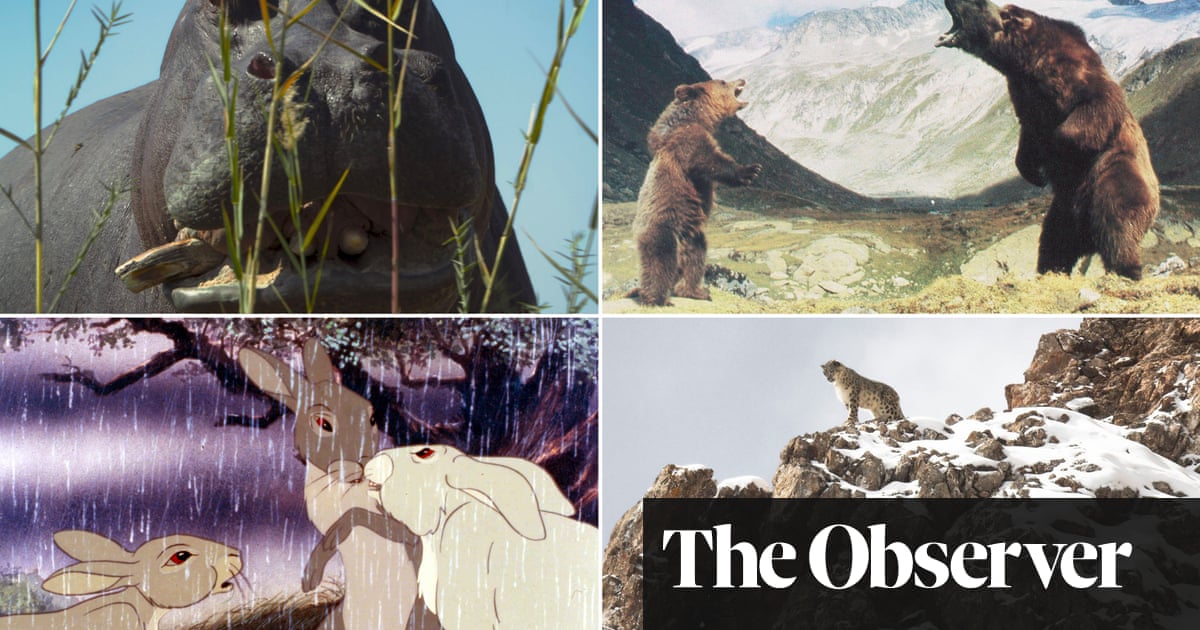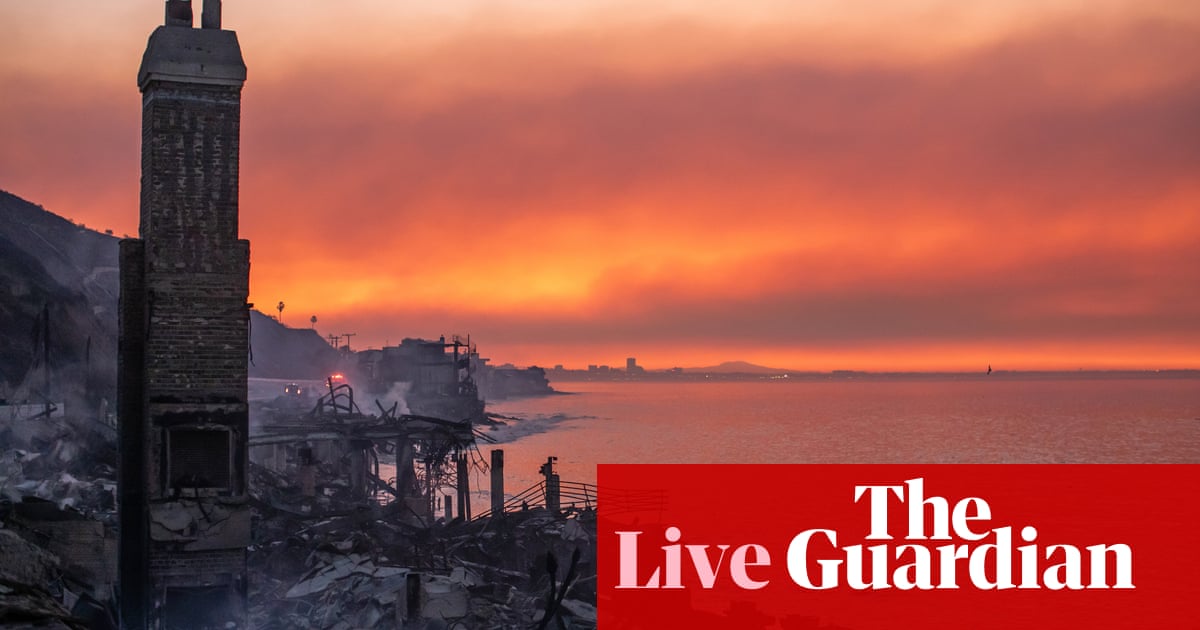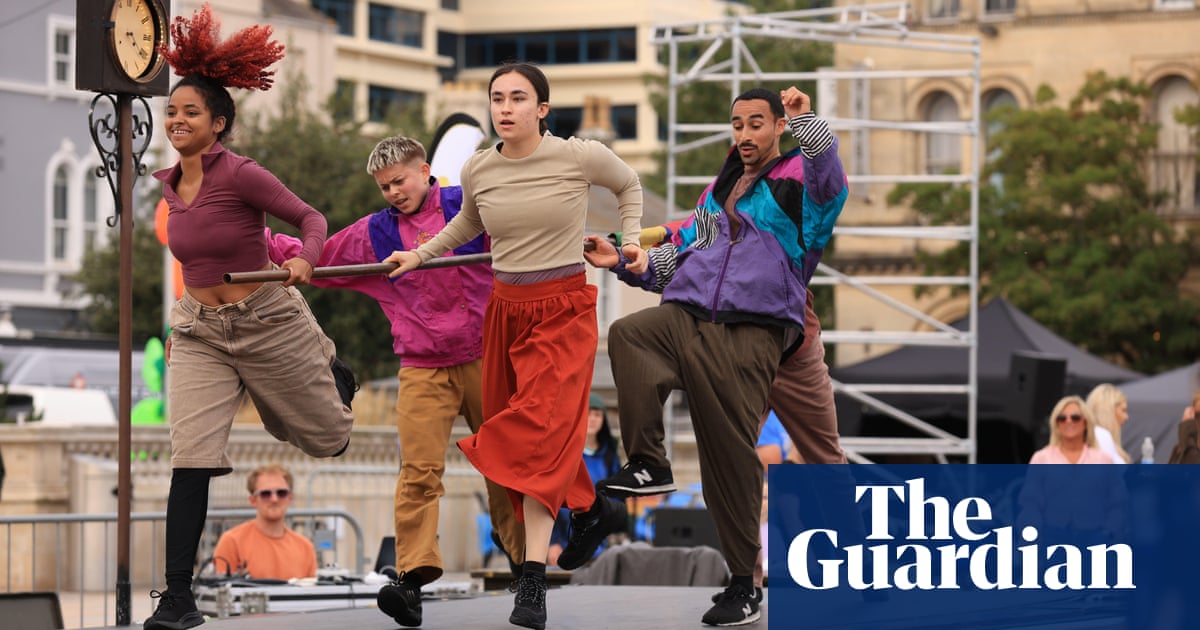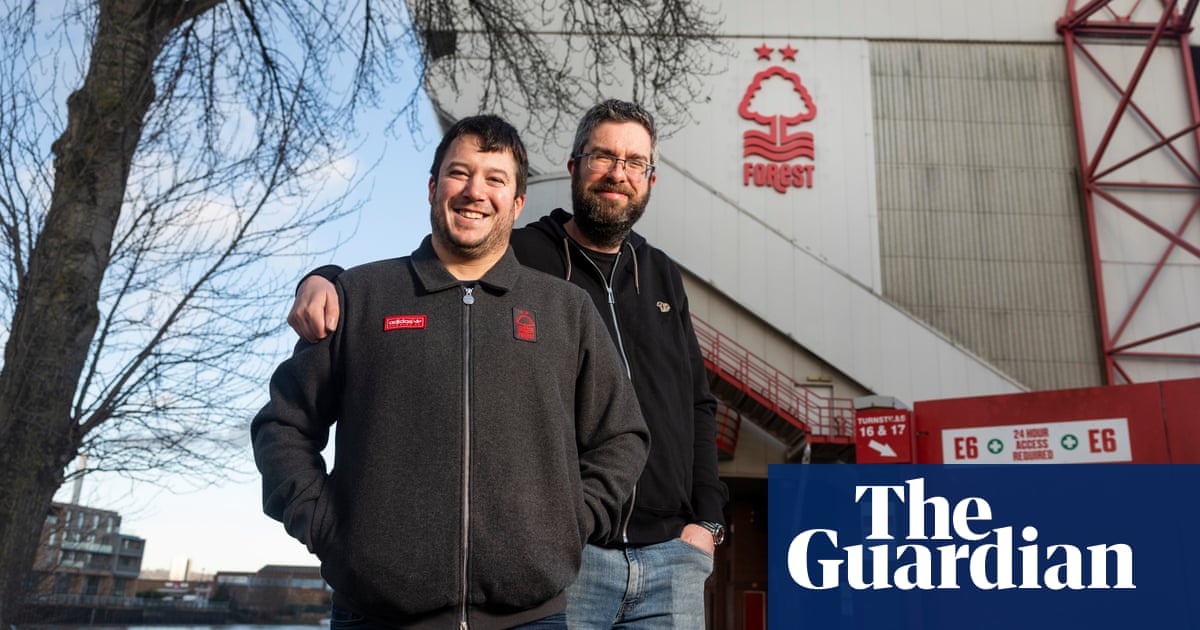Richard Flanagan had only just got home from a trek through the wilderness when “the phone started going off like a chainsaw revving”. The day before, he had been standing in a grove of 1,000-year-old pencil pines, trees that he fears may not be around in a decade, such is the effect of the climate crisis on alpine heathland and rainforest in his native Tasmania, Australia. But now, on the other side of the world, his book Question 7 had just been awarded the Baillie Gifford prize for nonfiction, making him the first writer to win both this and the Booker, which he received in 2014 for The Narrow Road to the Deep North.
Flanagan’s prerecorded acceptance speech initially followed customary form, thanking the prize’s judging panel, his fellow shortlisted writers and its sponsors, the investment management company that gives the award its name and which in recent times has become the focus of intense scrutiny over its ties to the fossil fuel industry. His soul would be troubled, Flanagan explained, if he did not draw attention to the devastating impact the climate crisis was having on his own country and to urge Baillie Gifford to meet with him and outline a plan for its withdrawal from any involvement in fossil fuels. Until that time, continued the 63-year-old, he would delay taking receipt of the £50,000 prize money. “As each of us is guilty,” he concluded, “each of us too bears a responsibility to act: a writer, a fund manager.”
“I don’t see Baillie Gifford as the enemy,” Flanagan tells me as we talk over Zoom the morning after the awards ceremony. “I think their support of literature has been well meant. It’s an offer to come together and to remind each other of what’s possible. I don’t arrive at it from any position of moral superiority, because we’re all complicit: I fly in planes, I drive a car, I live surrounded by plastic and I think these matters are extraordinarily complex. But I can’t write a book such as Question 7, which in part deals with the catastrophe of climate, with the destruction and vanishing of the world I love, and not mention it and not act upon it.”
Question 7 is highly attuned to this weighing of responsibility and complicity. It takes its title from a Chekhov story that juxtaposes a mental arithmetic problem about train times with the unanswerable question: “Who loves longer, a man or a woman?” From this, Flanagan extrapolates a multistranded meditation on how we might ever arrive at a moral calculus, based on the experiences of his father, a prisoner-of-war in a Japanese slave labour camp who was nearing death when the US dropped the atomic bomb on Hiroshima, ultimately liberating him to return home to Tasmania, marry and have children. How can the uncountable lives lost to the bomb be set against his father’s – and, therefore, his own – existence?

The obvious answer is that these equations can’t be made to make sense, but that continuing to ask, as Flanagan does in the book, “Why do we do what we do to each other?” may bring us some form of understanding. His attempts to convey something of his father’s experiences while working on the Death Railway, in what was then Burma, in The Narrow Road to the Deep North required Flanagan to fictionalise character, plot and trajectory, but Question 7 is a more direct representation of his own family.
“This book is about my father and my mother,” he says, “their love for each other and the way they used love to find meaning in a world they knew to otherwise be meaningless. I think everyone is confronted at a certain point with the knowledge that the universe is empty of meaning. So the question is: how do we go on? They found meaning through kindness and goodness to each other and to others. They practised that love and they fought for that love for decades. It ceased to be what I thought was an illusion, and became their hard-fought-for reality. It became a truth – it was really a form of magic, and they the magicians. I realised it was an immense achievement. They came from very poor backgrounds: they understood the hardness and harshness of this life, yet they found wonder within it everywhere.”

When his father returned from Japan after the end of the second world war, he took a train trip around Tasmania, travelling alone to the rainforest and to the beaches, in what Flanagan thinks was a way of re-grounding himself. In the book, he describes his father “touching his earth once more as if it were some sacrament necessary to live”. Many did the same. “After the book came out, I got letters from people who had stories about their uncles or grandfathers who did similar things, who had places that healed them. I think it’s a human thing. I think the world has urbanised so quickly and dramatically over the last 30 years, we’ve forgotten that there is a power in reminding ourselves that we live in a large universe, and it’s not a frightening thing, but a reassuring thing. To be nothing is not to be terrified. It is to be at ease.”
It is, however, frightening when that world comes under existential threat. Flanagan weaves into Question 7 a portrait of the natural world based on his own observations and anxieties: of the swift parrots, now critically endangered with fewer than 500 remaining; of the fish that walk on their fins a couple of bays away from him, in existence since the time of the dinosaurs and now down to a population of 80. “Every time one of these things vanishes, something of us vanishes with it. There’s an immense sadness about it, yet I didn’t want to write a sad book. I wanted to write a hopeful book, because to me it’s still a beautiful world and people are still good in it.”

Despite being conscious of the horror of such figures – people killed, animals endangered – Flanagan is vehemently opposed to the contemporary obsession with quantifying the world around us. “We live in an age that is under this illusion that the only path to truth is through metrics, through numbers, but it’s not so. We are the stories we tell about ourselves, we live within them and we’re created by them. Equally, we can create liberating stories or oppressive ones. I just happen to think the story of numbers that is so powerful at the moment is a very bad and foolish one.”
What’s required, he believes, is a reorientation of our moral direction. “We live in a world where, particularly with the technology we have now, it’s too easy to take our compass from power and the despair it creates, whether it’s in Ukraine or Gaza or with the corruption of those in high office. All these things are true, and all these things are terrible beyond imaginings, but we can take our compass from hope – and it is our friends, our families, plants, animals, the birds around us, the wind in our face. These are very small things: they can never amount to politics or an ideology or a religion. That’s their strength and in that strength resides hope.”
Flanagan is mesmerised by the “fourth tense” used by the Yolngu Indigenous people of Tasmania’s north-east Arnhem Land – a tense that suggests past, present and future happening simultaneously, affording an entirely different perspective on human actions and the environment we live in. That chimes too with a sense of his identity as a Tasmanian, as a person and a writer hitherto operating at the margins of a Eurocentric world and culture.
“We were a colony of the empire, but after that we were a colony of the mind,” Flanagan says, and he has found his own way to represent that in his novels and his genre-confounding nonfiction. “I think you must write without hope or despair. When we ask, ‘Can books do this? Can books do that?’, it’s not their job. It’s just their job to not be boring, to honour whatever their subject is and to impel the reader to the end.” Which, as the Baillie Gifford judges and numerous others can confirm, is a promise more than fulfilled by Question 7.

.png) 1 month ago
14
1 month ago
14


